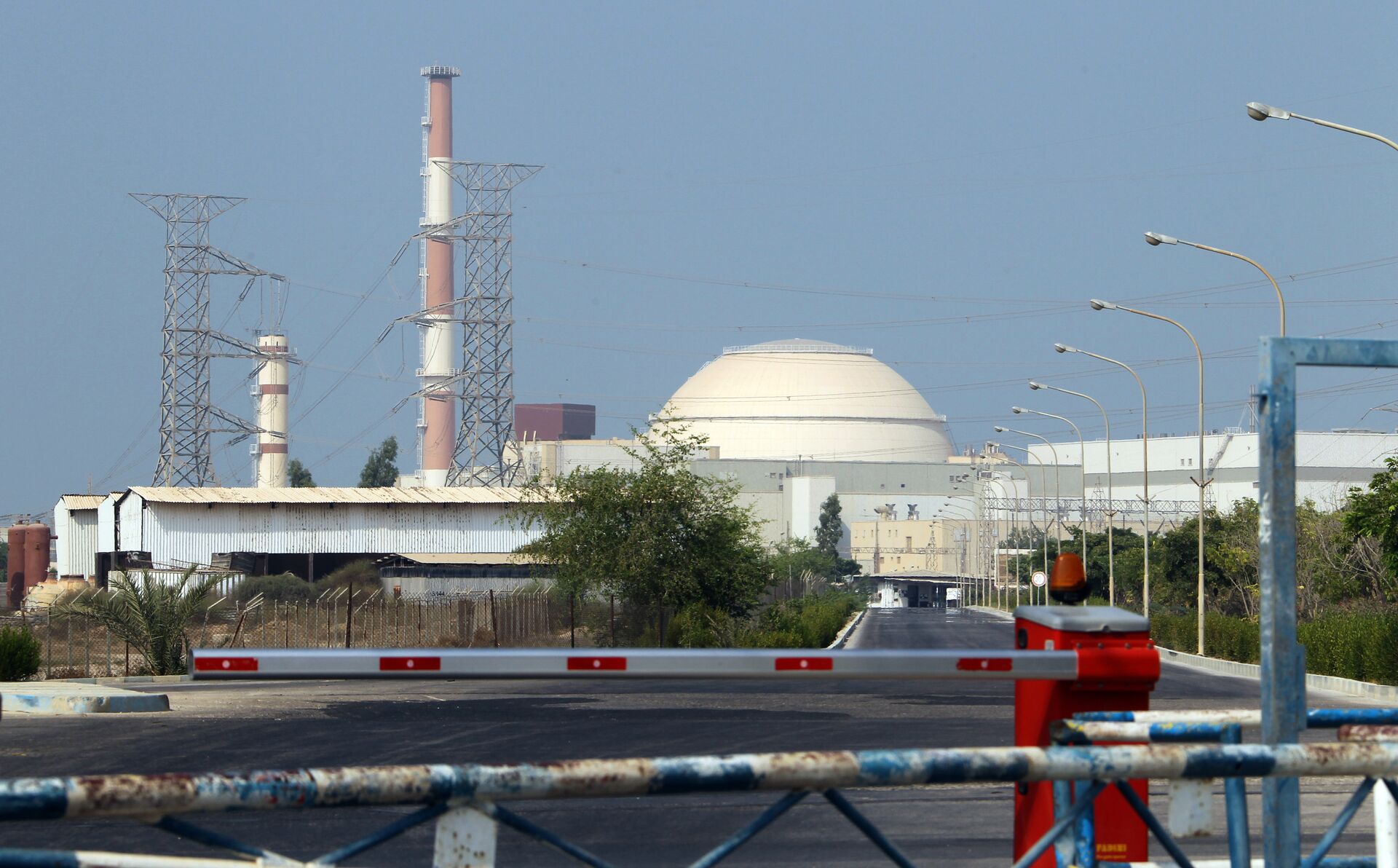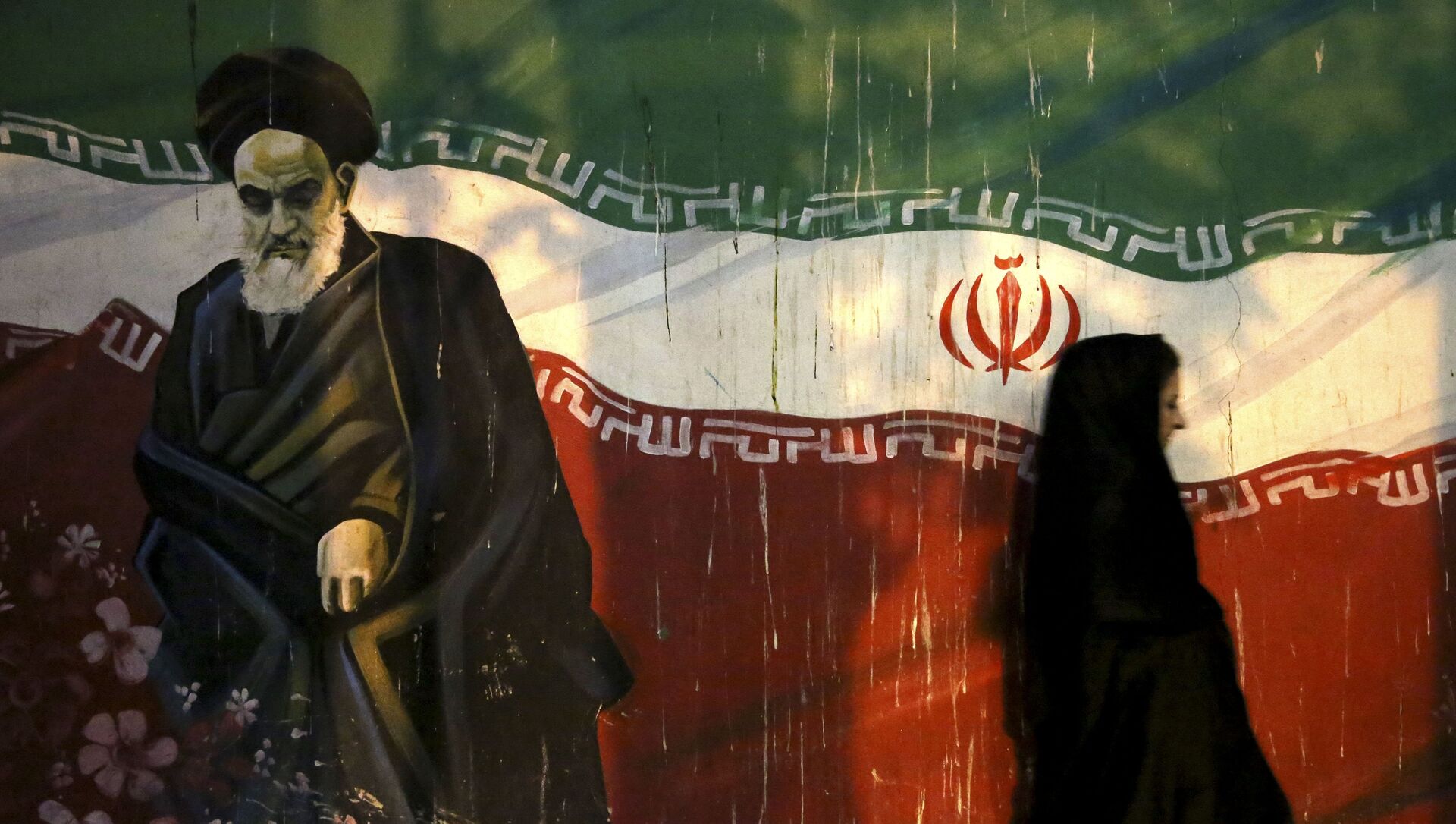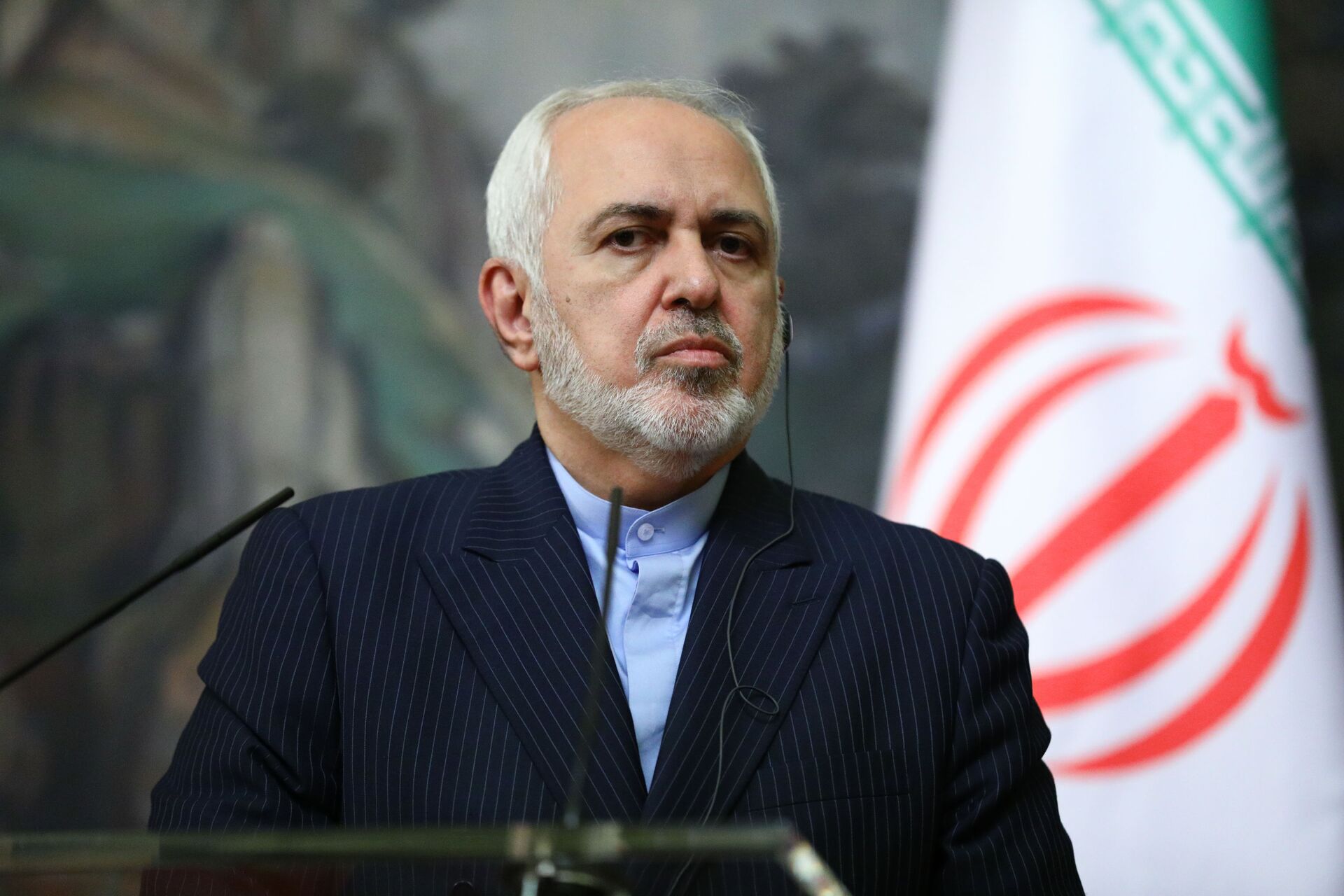Iranian Foreign Minister Mohammad Javad Zarif stated on Sunday that his country is not trying to create nuclear weapons. He also noted that Tehran's steps on the Joint Comprehensive Plan of Action (JCPOA), taken after the US withdrawal, are reversible.
"All our steps (to breach the deal) are reversible...The United States must return to the deal and lift all sanctions ... The United States is addicted to sanctions but they should know that Iran will not yield to pressure", Zarif said.
At the same time, the minister stressed that talks between Tehran and Washington are only possible if all sides fulfill their obligations under the accord, accusing President Joe Biden of maintaining the previous administration's "maximum pressure" policy against Iran.
"Nothing has changed. Biden claims that Trump's policy of maximum pressure was maximum failure... But for all practical purposes, they are pursuing the same policy", he said. “Therefore, with Iran pressure does not work, and 'maximum pressure', in their own words, has led to 'maximum failure'".

The statement by the top Iranian diplomat comes just a day after the talks between Ali Akbar Salehi, chief of Iran's nuclear department and Rafael Grossi, Director General of the International Atomic Energy Agency over the halt of IAEA inspections at Iranian nuclear facilities.
"Mr Grossi, the director-general of the IAEA, requested to come here so that we could have a smooth transition", Zarif said, addressing the talks. "We have nothing to hide. Iran does not seek to develop nuclear weapons. The decision is based on sound geopolitical facts and religious and moral grounds… and that decision stands without any ifs or buts", the minister noted.
In 2015, Iran signed the JCPOA with the P5+1 group and the EU. The accord stipulated that Iran curb its nuclear programme in exchange for sanctions relief, including lifting the arms embargo five years after the deal's adoption. However, the Trump administration withdrew from the deal in 2018 and reinstated sanctions against the Islamic Republic.
The move forced Iran to gradually suspend its obligations under the accord, boosting its nuclear programme.
In December, Iran escalated its research following the assassination of nuclear physicist Mohsen Fakhrizadeh. The country's parliament adopted a new law, suggesting to increase its uranium enrichment and stop UN inspections of its nuclear facilities.
As a result, in early January, Iran's atomic energy organisation announced that the country had succeeded in enriching uranium to 20 percent at the Fordow Fuel Enrichment Plant.




